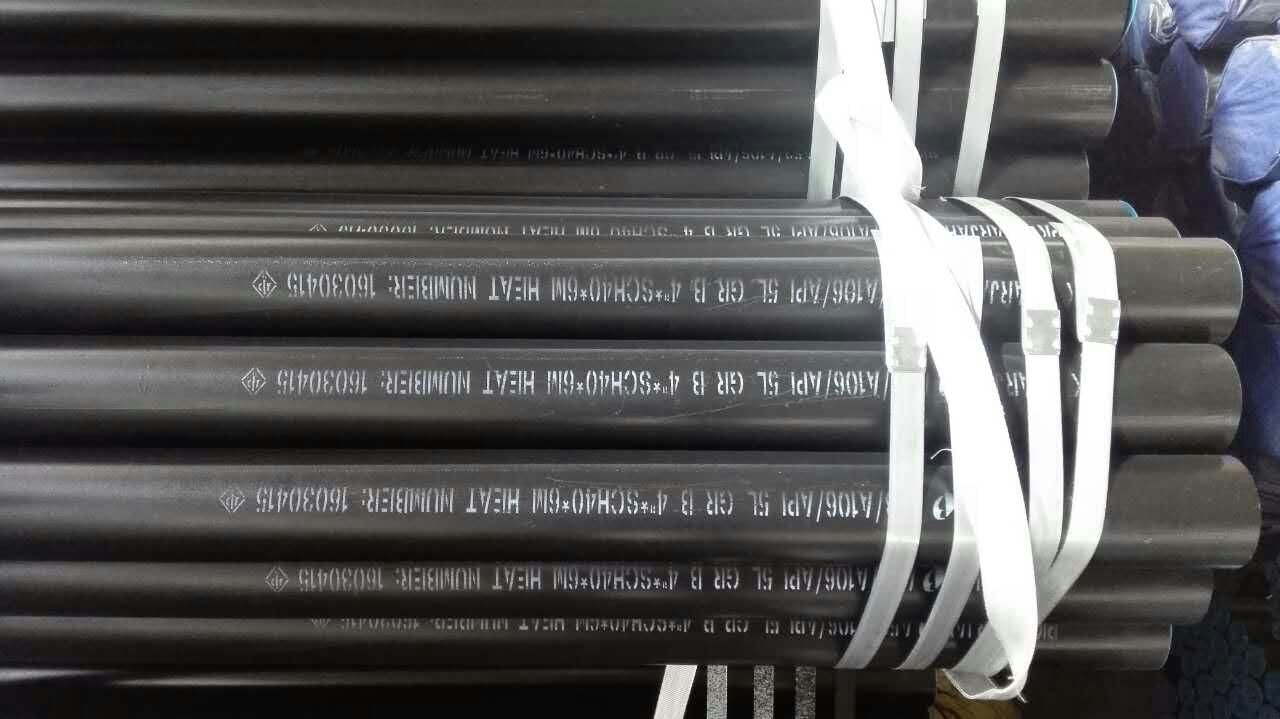-
Cangzhou Yulong Steel Co., Ltd.
-
Phone:
+86 13303177267 -
Email:
admin@ylsteelfittings.com

Oct . 18, 2024 22:25 Back to list
DN100 ANSI 150 Flange Specifications and Installation Guide for Industrial Applications
Understanding DN100 150 ANSI Flanges Specifications and Applications
Flanges are critical components in piping systems, providing a secure and leak-proof connection between two sections of piping or equipment. Among the various standards and designs available, the DN100 150 ANSI flange is commonly used in numerous industrial applications. This article delves into the specifications, features, and benefits of the DN100 150 ANSI flange.
What is DN100?
The term DN100 refers to the nominal diameter of the pipe in millimeters. In this context, DN100 indicates that the flange is suitable for piping with a nominal diameter of 100 mm. The 'DN' designation helps professionals and engineers quickly identify the size of the flange and ensure it matches the pipes used in a specific installation.
What is ANSI 150?
The ANSI (American National Standards Institute) designation signifies that the flange conforms to specific standards for pressure and temperature ratings. ANSI 150 refers to a flange rating suitable for low to moderate pressure applications. Typically, ANSI 150 flanges are rated for maximum working pressures of 150 PSI at ambient temperatures. This makes them suitable for various fluids and operating conditions, from water and steam to various chemicals.
Flange Specifications
A DN100 150 ANSI flange is typically made from materials such as carbon steel, stainless steel, and alloys, depending on the specific requirements of the application. The standard dimensions dictate the flange's thickness, bolt hole patterns, and other design features. According to ANSI standards, the thickness of a DN100 150 flange can vary; for example, a typical thickness may range from 9.5 mm to 13 mm, ensuring strength and stability under pressure.
The bolt hole diameter and spacing are also critical, designed to accommodate standard bolts for easy assembly and maintenance. The flange's surface is usually machined to meet specified finish requirements, ensuring a tight seal when paired with appropriate gaskets.
dn100 ansi 150 flange

Applications
DN100 150 ANSI flanges are widely used across various industries, including
1. Water Treatment These flanges are common in systems handling potable water, wastewater, and treatment chemicals. Their pressure rating ensures they can handle the demands of water distribution systems.
2. Oil and Gas In pipelines transporting crude oil, natural gas, or refined products, the durability and reliability of DN100 150 ANSI flanges make them an excellent choice.
3. Chemical Processing The resistance to corrosion offered by stainless steel DN100 150 flanges is vital in chemical plants, where exposure to various chemicals is a daily occurrence.
4. HVAC Systems These flanges are also prevalent in heating, ventilation, and air conditioning systems, facilitating connections between ducting, pumps, and tanks.
Conclusion
In summary, the DN100 150 ANSI flange is an essential component in many piping systems, providing reliable and safe connections across various industries. Its standard specifications, versatility, and durability make it a preferred choice for engineers and technicians alike, ensuring the integrity of fluid transfer systems in multiple applications. Understanding these flanges allows businesses to maintain optimal performance and minimize downtime in their operations.
Latest news
-
ANSI 150P SS304 SO FLANGE
NewsFeb.14,2025
-
ASTM A333GR6 STEEL PIPE
NewsJan.20,2025
-
ANSI B16.5 WELDING NECK FLANGE
NewsJan.15,2026
-
ANSI B16.5 SLIP-ON FLANGE
NewsApr.19,2024
-
DIN86044 PLATE FLANGE
NewsApr.19,2024
-
DIN2527 BLIND FLANGE
NewsApr.12,2024
-
JIS B2311 Butt-Welding Fittings LR/SR 45°/90° /180°Seamless/Weld
NewsApr.23,2024
-
DIN2605-2617 Butt-Welding Fittings LR/SR 45°/90°/180° Seamless/Weld
NewsApr.23,2024











